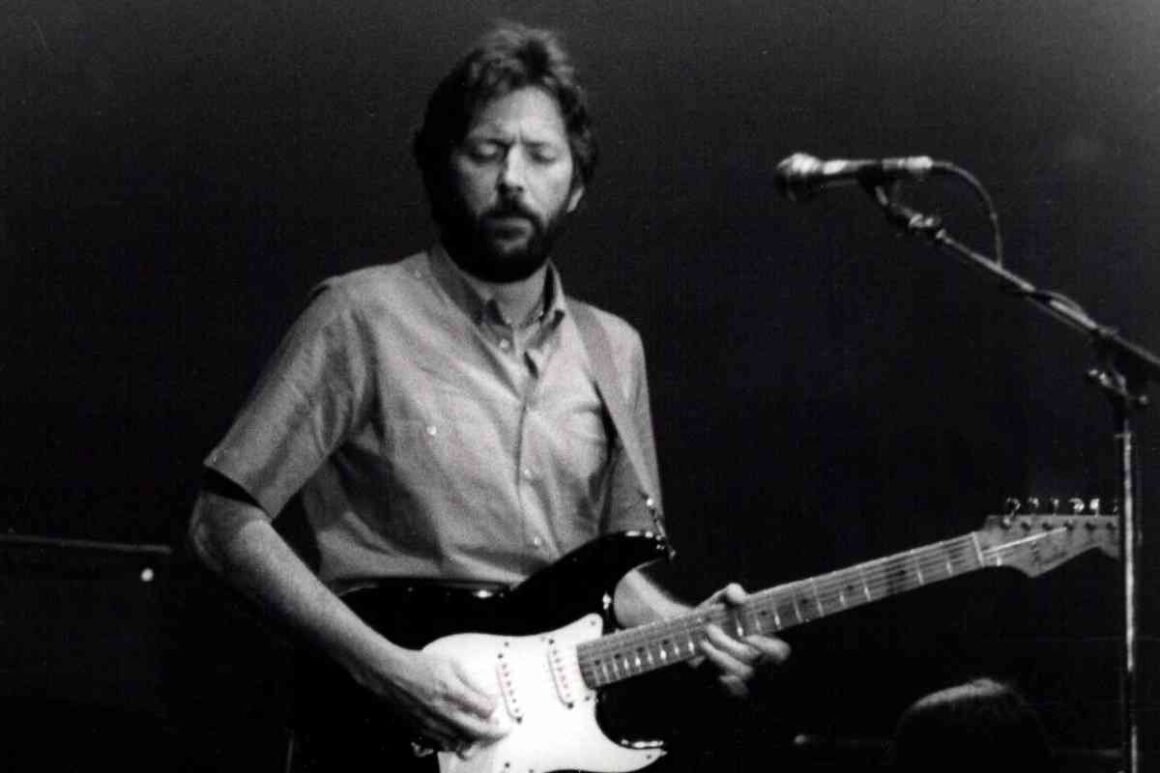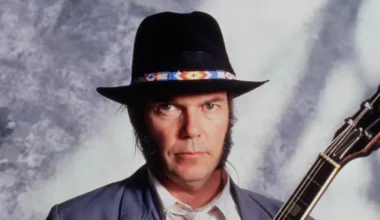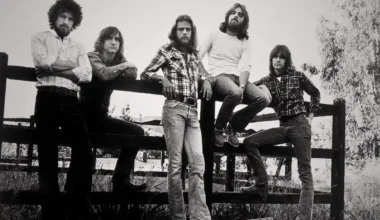Every generation has a few albums that make it feel as if the Earth is spinning on its axis. As much as music was going in one direction, everything went in the opposite direction when these bands created their masterpieces. They inspired the rest of the world to follow suit, attempting to equal the power of that record. Although contributing to many milestone albums, Eric Clapton believes one record marked a significant shift in the essence of music.
However, Clapton’s musical tastes were constantly drawn back to the blues. Although he was lauded for paving the path for rock and roll, Clapton’s heart was always in blues. He explored blues from the Mississippi Delta to Chicago, aiming to twist the medium and evoke extra emotional depth.
However, as Clapton began working with bands like Cream, he became aware of what was possible outside of the blues. Embracing jazz and psychedelic rock sounds, many of the band’s most acclaimed moments came from working outside of their medium. This resulted in the creation of some of the most celebrated riffs of all time, such as ‘Sunshine Of Your Love‘.
While Clapton embraced his heroes like Robert Johnson and Muddy Waters, the American music scene saw another R&B explosion. Following Ray Charles’s rise, Motown and other labels produced one masterpiece after another, creating enduring musical legacies. This included artists like the Jackson 5 and Marvin Gaye.
Despite becoming renowned as a hit factory in the 1960s and beyond, Stevie Wonder stood out as a rock and roll force for good. Wonder’s pop sensibilities and music theory set him apart from rock singers relying on blues during that period. This resulted in sophisticated compositions, showcased on albums like “Songs in the Key of Life.”
When Eric Clapton started practicing his first chords on the guitar, he was taken aback by what he heard in the song ‘I Was Made to Love Her‘. Little Stevie Wonder’s songs featured piano and harmonica performances. Wonder created beautiful solo music, but Clapton found inspiration in the backing band supporting him.
Clapton recalls hearing the song for the first time as the moment he listened to what a backing band was capable of. He told BBC Radio 4, “It seemed to be a watershed moment in music for me.” I heard it in the 1960s, and I believe James Jamerson’s bass performance in this song transformed R&B and rock and roll overnight.
Jamerson’s playing drew in not just Clapton, but many others as well. Paul McCartney later claimed to have borrowed his approach when working on The Beatles’ experimental albums Rubber Soul and Revolver. While bands showcase skills, Jamerson taught players tasteful playing is always in service of the song.








